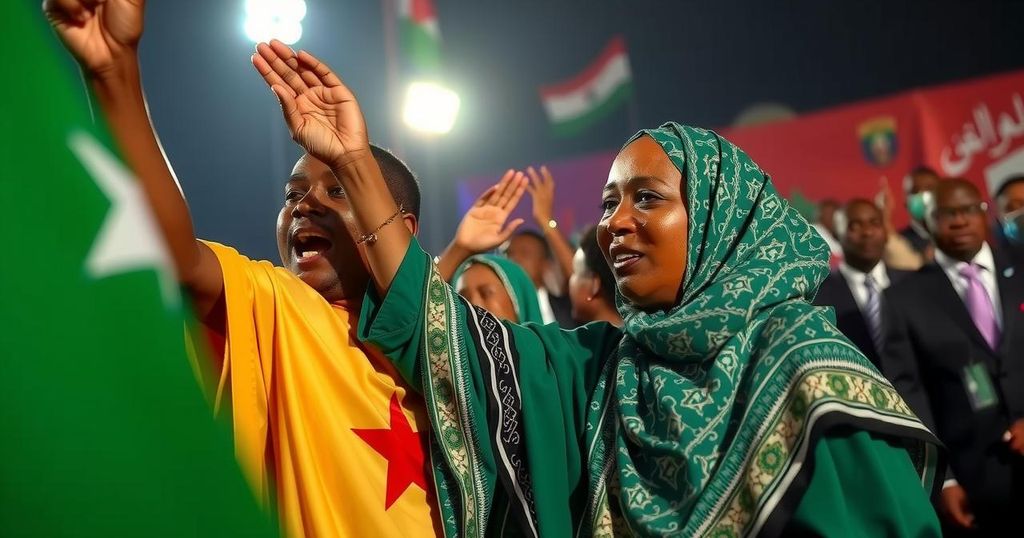Opposition Leader Abdullahi Wins Somaliland Presidential Election

Abdirahman Mohamed Abdullahi, also known as Irro, has been elected president of Somaliland, receiving about 64 percent of the vote and defeating incumbent President Muse Bihi Abdi. The election reflects Somaliland’s ongoing quest for international recognition and a stable governance structure in contrast to the conflict in Somalia. Abdullahi’s victory is seen as a pivotal moment for the region, particularly in its diplomatic engagements with Ethiopia and potential future relations with the United States.
Abdirahman Mohamed Abdullahi, popularly known as Irro, has emerged victorious in the presidential election of Somaliland, a self-declared independent region of Somalia. Representing the Waddani Party, Abdullahi secured approximately 64 percent of the votes, significantly surpassing incumbent President Muse Bihi Abdi of the Kulmiye Party, who received around 35 percent. This election, previously postponed for two years due to funding constraints, reflects Somaliland’s aspirations for greater international recognition as a distinct entity separate from Somalia. Both candidates focused their campaigns on revitalizing the local economy and enhancing Somaliland’s legitimacy on the world stage. In the backdrop of a long-standing quest for sovereignty, Somaliland proclaimed independence from Somalia in 1991 amid the latter’s civil conflict. Despite establishing a stable political framework, complete with its own government and monetary system, Somaliland has yet to attain formal recognition from any nation, severely limiting access to international financial support and complicating travel for its populace. The regional government, based in Hargeisa, seeks to negotiate an agreement with Ethiopia that would enable it to gain sea access in exchange for a detailed assessment regarding international recognition, a move that has generated considerable controversy and tension with Somalia. The election results also suggest a shift in Somaliland’s political landscape, with Abdullahi advocating for potential renewed engagement with the United States under the incoming Trump administration. Some officials previous to Trump have expressed favorable opinions regarding Somaliland’s recognition, indicating a potential geopolitical pivot that could alter relations within the Horn of Africa. Moreover, the association with Ethiopia brings both opportunities and risks, particularly in light of Somalia’s opposition to the agreement, which it perceives as a threat to its sovereignty.
The recent election in Somaliland, where Abdirahman Mohamed Abdullahi has secured the presidency, takes place against a complex geopolitical backdrop. This region has sought international recognition since it declared independence from Somalia in 1991. Unlike Somalia, which continues to struggle with significant security issues, Somaliland has established a relatively stable governance structure. However, the lack of international recognition poses significant operational challenges, affecting its economy and ability to interact on a global scale. The political scene is also affected by neighboring Ethiopia’s role, especially as it pertains to regional security and proposed economic partnerships.
In conclusion, the election of Abdullahi marks a critical juncture for Somaliland as it continues its pursuit of international recognition and economic revitalization. The electoral outcome highlights a significant political transition and a potential shift in regional dynamics, especially concerning relations with Ethiopia and the United States. As Somaliland navigates its path forward, the implications of its leadership and diplomatic efforts will be essential in shaping its future.
Original Source: www.aljazeera.com







